April 13, 2025 | 19:42 GMT +7
April 13, 2025 | 19:42 GMT +7
Hotline: 0913.378.918
April 13, 2025 | 19:42 GMT +7
Hotline: 0913.378.918
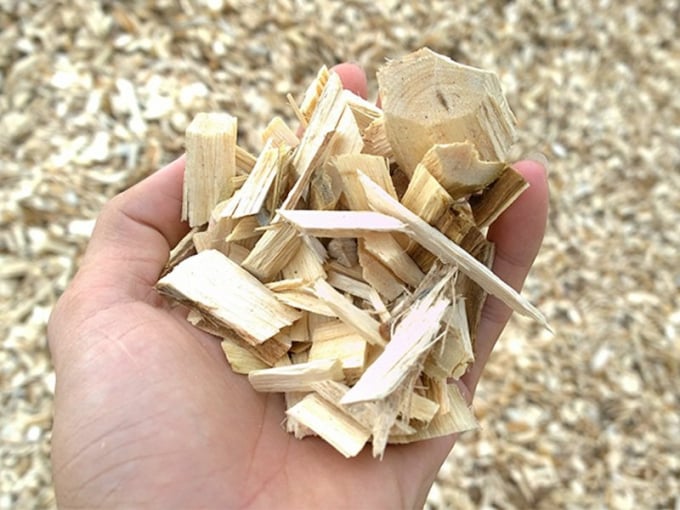
Wood chips are one of the main export wood products to China.
The export and import turnover of wood between Vietnam and China increases steadily in recent years and reaches over US$ 2 billion by this time. However, it is wood materials that accounts for a large proportion.
Research groups of wood associations in Vietnam in collaborating with Forest Trends have published a report named “Wood trade between Vietnam and China2015-2020: Realities and Trends”.
In the report, trade of wood and wooden products between Vietnam and China kept increasing year by year in the period 2015-2020, and the two ways trade turnover increased from US$ 1.24 billion to over US$ 2.05 billion in 2020. Trade surplus was always on the Vietnam side but it is narrowing recently because of a strong growth in importing from China, with the average speed of 27% per year. In the meantime, the growth of exporting from Vietnam is much lower of that, with the average speed of 4.3% per year.
Wood exported from Vietnam to China is mainly wood materials, of which wood chips and wood planks account for over 90% of the total export turnover of wood and wooden products. Wooden products exported to China account for a small proportion. This shows that China continues to be a market that consumes mainly wood materials but not a market for wooden products of Vietnam.
The reason leads to this situation is the very huge market of China that attract a bold flow of wood materials into chains of production to serve the domestic demands. Another reason might be the impossibility of Vietnamese companies in producing and meeting the trends of the market for wooden products; or Vietnamese companies still lack the capability in competing with Chinese companies.
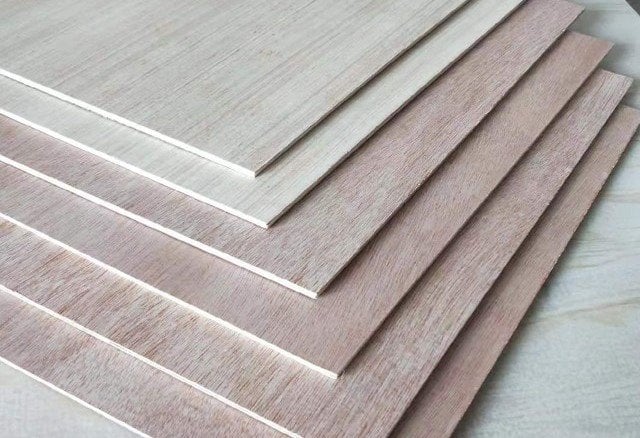
Plywood imported from China is growing very fast.
Wood imported from China is also wood materials, with the quantity and turnover increase strongly from 2018 up to now. Chinese wood materials exported to Vietnam are more variety than Vietnamese wood materials exported to China, that include of 4 types: plywood, laminated wood; peeled board, veneer; furniture; seat. The import turnover of these four types of wooden products accounts for over 90% of the total import turnover of wood and wooden products from China.
It is very much concerned recently that some imported wooden products grow rapidly that might create possibilities of commercial fraud, especially for plywood.
When there are trade tensions between the US and China, the US government applies new tax rules on Chinese imported wooden products. Depending on the specific product, the tax might reach up to over 200% or even much higher. The consequences are Chinese imported wooden products in the US reduce severely.
In this context, imported of plywood products from China into Vietnam soar, and in the meantime, Vietnam’s plywood products exported to the US also jump to a new height.
This immediately raises concerns about Chinese companies using Vietnam as a gateway, or in other words as Vietnam’s origin, to export their plywood products to the US in order to avoid the new taxes applied to them.
As a result, the US government opened an investigation on a number of companies exporting plywood products from Vietnam to the US.
Those are the reasons that make the research groups come to some conclusions: Supervising effectively the risks in trading of wood and wooden products between Vietnam and China, and controlling the commercial frauds in misleading the origin of wooden products imported from China into Vietnam play important roles to the stable development of the wood sector of Vietnam.
Translated by Khanh Linh
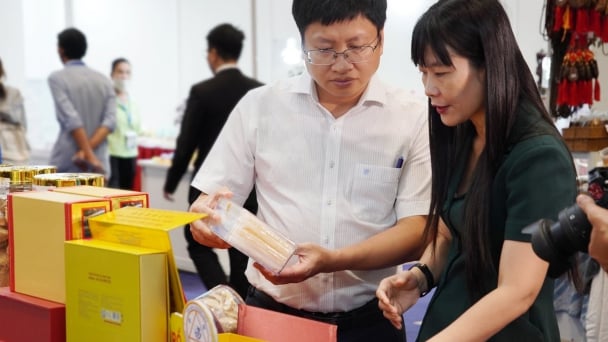
(VAN) KOCHAM Deputy President expects that Vietnam would accelerate innovation and development of bird’s nest-based products as a representation of Vietnamese culture.

(VAN) Imported dairy products are weakening the local industry, according to dairy farmers and processors.
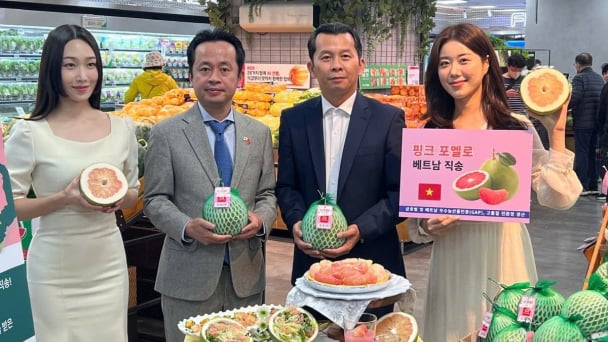
(VAN) April 10 marked a significant milestone for Vietnam's agricultural exports as Vietnamese pomelos officially became available at the Lotte Mart supermarket chain in South Korea.

(VAN) Vietnam is focusing on developing the legal framework and technical infrastructure for the carbon market, with committed support from global financial institutions.
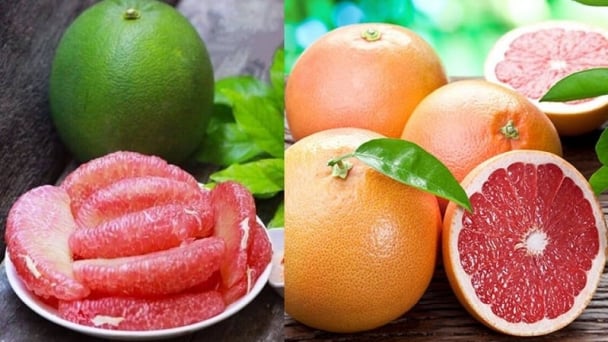
(VAN) The citrus fruits market in China is expected to slow down, but still show steady expansion, with volume reaching 56M tons and value reaching $71B by the end of 2035.
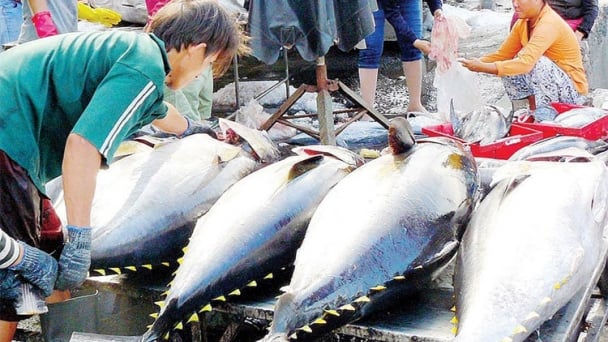
(VAN) The European Union issued a notice regarding the amendment of Annex III of Regulation (EC) No 853/2004 and aims to introduce new provisions in the fourth quarter of 2025.
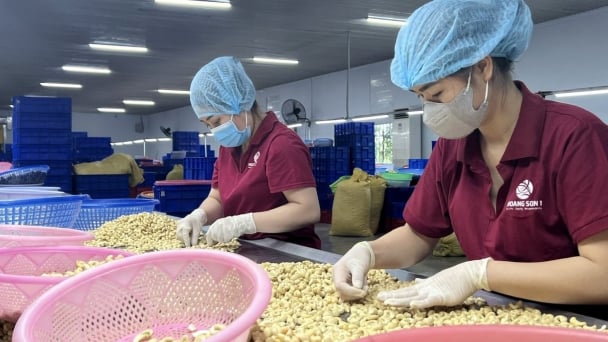
(VAN) Vietnam has great potential for exporting food to the global Halal market, but there is a need to build an ecosystem to develop this market.